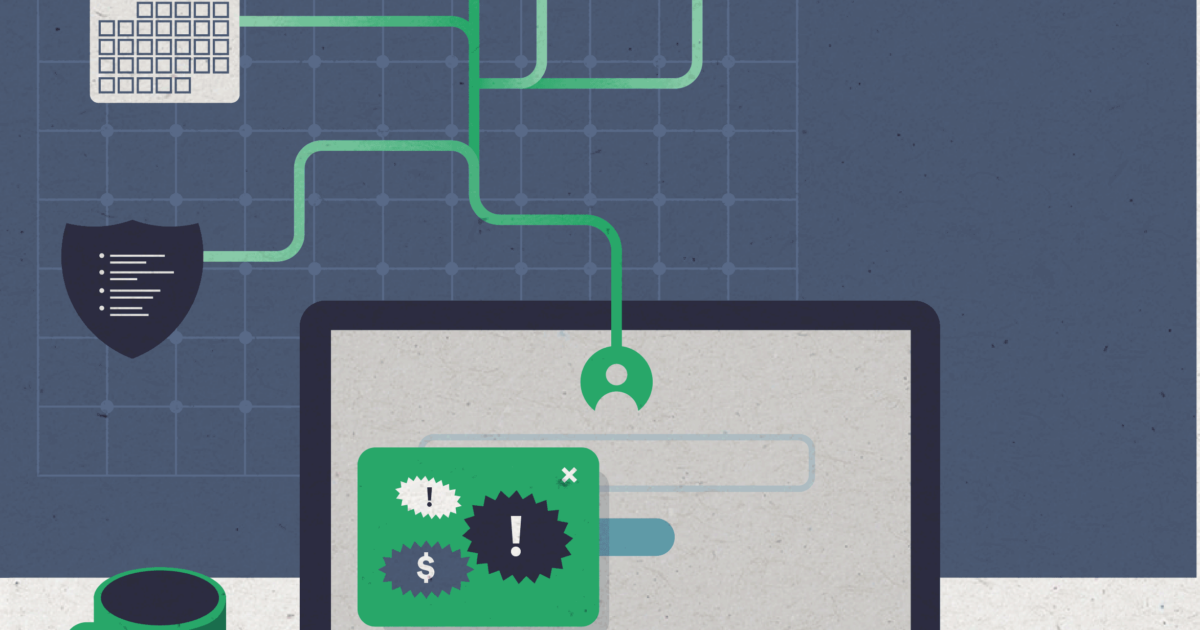If you’re new here, you may want to subscribe to my RSS feed. Thanks for visiting!
(Psst: The FTC wants me to remind you that this website contains affiliate links. That means if you make a purchase from a link you click on, I might receive a small commission. This does not increase the price you’ll pay for that item nor does it decrease the awesomeness of the item. ~ Daisy)
Dear Diary,
It is funny to write something like that. For that matter, it is funny to write at all. On one of Dad’s scavenger trips, he came across a stack of composition books, pens, and pencils in a dumpster. He brought them all home and told me to start a diary. Back in normal times, seven months ago before the power quit, I would have just looked up on my phone ‘What is a diary?’
With the power gone, so too went the internet. So I asked him, ‘What is a Diary?’ He gave me a funny look, blinked a few times, shook his head, and said it was a journal to keep track of daily things, important events, and my thoughts and feelings at the time. I should write it as if I was writing a dear friend.
So, here I am, Diary. Sitting in my cold bedroom with my stuffed bear, wearing socks, slippers, sweatpants, a winter hat, and a heavy sweater.
Probably should back up and explain the reason for all that.
Let me start over.
Dear Diary,
It’s me, Jessica.
Seeing as how this is the first time I am writing you, I will let you know what has happened over the past seven months and even some things before.
About this time last year, Dad got what he called a great Christmas surprise gift: a promotion to management. I know what a promotion is, but I was not too sure about the ‘management’ part as he was describing it. Sounded like more of a headache ‘managing’ that many people, meetings both in person and on Zoom.
But it came with a big pay raise. Two months later, we moved from our tiny, crappy apartment across from the subway tracks to a small but very nice house in the ‘sub-burbs.’ Mom and Dad were very excited about it. I guess it is nice but older. Dad said it was a 1950s-era starter home. My room is bigger. We have a lawn and backyard with woods behind it. But it took me about a month to get used to the . . . quiet. It is deafening! No subway trains running till late at night. No police sirens. No trucks or cars driving by. No gunshots from time to time. I mean, I can hear the wind outside my window right now.
School was different, too. It was much nicer and clean, and everything seemed new. Wearing a uniform was different. I actually kinda liked it. No thinking of what I wanted to wear to school. …










 Laura Сrazy/Adobe Stock
Laura Сrazy/Adobe Stock